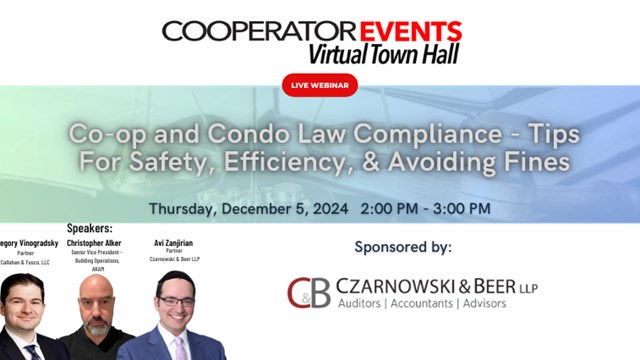The Background
In a recent case, the Community Associations Institute (CAI) and several community associations sought a preliminary injunction against the enforcement of the Corporate Transparency Act (CTA). The CAI argued that requiring their members to disclose “beneficial owners” to the Treasury Department was unlawful, violated the Administrative Procedure Act, exceeded Congress’s authority, and violated the First and Fourth Amendments. Read the full case here.
The Decision
The U.S. District Court for the Eastern District of Virginia denied the CAI’s motion for a preliminary injunction, finding that the CAI was unlikely to succeed on the merits of their claims. The court held that the CTA’s definition of “reporting company” clearly included community associations and that the act did not violate the CAI’s First or Fourth Amendment rights.
The Implications
This decision is a significant setback for community associations seeking to avoid compliance with the CTA. Community associations such as condominium associations, cooperative associations, and homeowners associations (HOAs) are required to file reports with the Financial Crimes Enforcement Network (FinCEN) disclosing their “beneficial owners” as defined under the CTA.
What This Means for Property Managers
Property managers must ensure that the communities they manage comply with the CTA by the end of the year. Failure to comply could result in significant financial penalties of up to $591 per day starting January 1, 2025.
Don't Risk Non-compliance
Ballotmanagement.com offers a solution to help property managers comply with the CTA. The application easily allows for the collection of necessary information from board members, generate the required reports, and files them with FinCEN systematically. Ballot Management can set up all of management’s associations on the application quickly and compliance is then very easy for management and its boards. Whenever changes need to be made (for example, a board member changes or the information a board member submits for themselves changes), they can be done right in Ballot Management and an update report send systematically to FinCEN so that the association and it management company are in compliance and no penalties will be assessed.










Comments
Leave a Comment